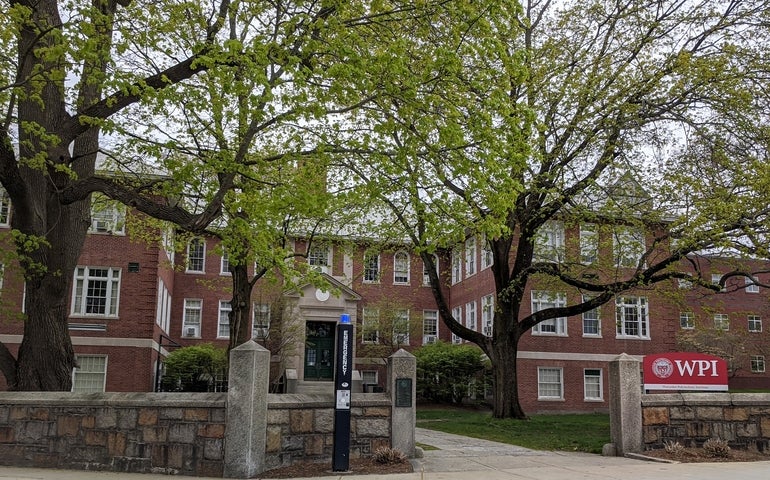Worcester Polytechnic Institute researchers will use a $199,999 National Science Foundation grant to study how the coronavirus pandemic is impacting stress levels among college students, as well as their ability to learn remotely, the school announced on Wednesday.
“We have to do this research now, because the conditions are ephemeral, and our students are stressed during this critical time,” said Shichao Liu, principal investigator and assistant professor of civil and environmental engineering, in a press release. “We can’t do this research at another time or simulate a pandemic in a laboratory.”
Co-investigators for the project are assistant teaching professor of architectural engineering Soroush Farzin Moghadam, assistant professor of psychology and neuroscience Angela Rodriguez, associate professor of architectural engineering Steven Van Dessel and Jacob Whitehill, assistant professor of computer science and of learning sciences and technologies. Two Ph.D. candidates and two WPI undergraduates will also be part of the remote research team.
The NSF grant was awarded through the foundation’s Rapid Response Research process, which prioritizes projects needing quick access to data and resources, as well as research responding to disasters and unanticipated events, according to WPI.
Liu, who was already working on NSF-funded research with Van Dessel and Whitehill regarding how classroom physical environments impact undergraduate learning, conceived of the research project after WPI switched to remote learning.
“I realized that if the students are stressed, how could they pay attention to what I was talking about? How could they finish their homework on time?” Liu said. “Teachers may feel stressed outside the traditional classroom, but students are more vulnerable than instructors.”
As for the research itself, the team plans to recruit WPI undergraduates to fill out questionnaires and keep diaries of their activities. Researchers will use computer vision algorithms to analyze student facial expressions during remote classes, and one group of students will wear wristbands to track their heart rates and other physiological signals.
The research project is expected to last one year.

